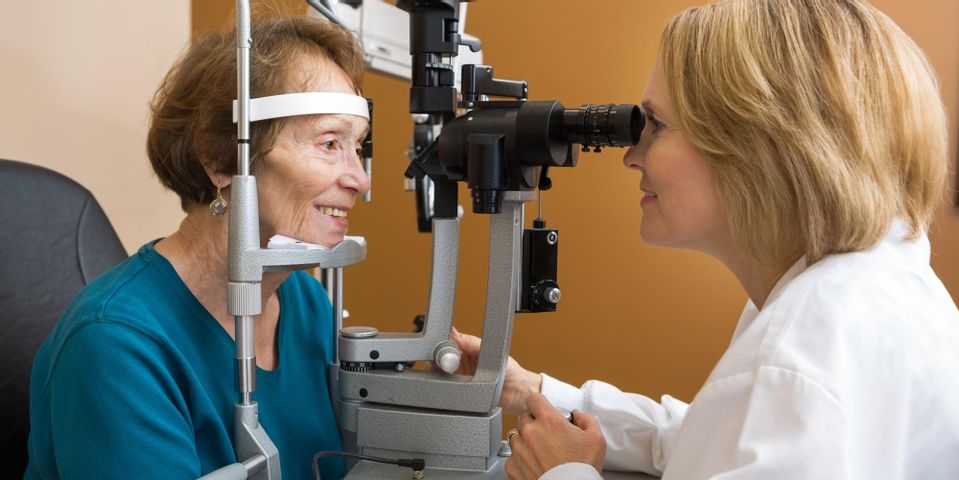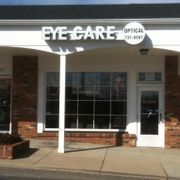
As we get older, our bodies are continuously changing, including our eyes. Alterations in the structure, the tissues, and the composition of cells can lead to changes in vision as well. Here’s what you need to know for effective eye care as you get older.
What Happens to the Eyes as You Age?
A common eye change that affects everyone as they get older is presbyopia, in which the lens of the eye gets less flexible. This makes it harder to focus on objects close up, and you are more likely to need reading glasses.
The vitreous fluid, the gel-like substance inside your eye, also changes consistency and separates from the retina over time. This can cause floaters, which are harmless, temporary spots in your vision; it can also lead to retinal tearing, which causes more permanent vision loss if not treated promptly.
It’s also normal for your eyes to produce fewer tears as you age, so you may experience dry and irritated eyes. Your eyes get less sensitive to changes in light and to color, especially the color blue, so you may need more light for activities and may see colors less vividly.
How Do Diseases Affect Your Eyes?
 Eye changes that are related to disease often pose a greater threat to your vision. This includes cataracts, which cloud the lens of the eye and need surgery to correct them, and diabetic retinopathy, in which consistent high blood sugar due to diabetes damages the retina and causes blind spots or complete loss of vision.
Eye changes that are related to disease often pose a greater threat to your vision. This includes cataracts, which cloud the lens of the eye and need surgery to correct them, and diabetic retinopathy, in which consistent high blood sugar due to diabetes damages the retina and causes blind spots or complete loss of vision.
It can also include glaucoma, which is damage to the optic nerve that is usually caused by high pressure inside the eye. While these conditions are more severe, they are often easier to prevent than the ordinary changes that come with age.
How Should You Protect Your Vision as You Age?
The most important step you can take to protect your eyes is to have a yearly eye exam. Your optometrist will discuss any changes in your vision and will also test the pressure inside your eye with a puff of air or a gentle probe.
This is important because glaucoma has no noticeable symptoms until it starts to cause vision loss, meaning the early detection of high intraocular pressure can save your sight. During your visit, you can ask about treatments for any problems, like eye drops for dry eyes or surgery for cataracts.
You should also treat underlying problems, like diabetes; medication and diet changes can prevent your blood sugar from getting high enough to damage your vision. Finally, call your optometrist any time there’s a sudden change in your vision or noticeable vision loss.
For skilled eye care from a team of licensed opticians and an independent optometrist, choose Eye Care Optical in Montgomery, OH. For over 40 years, they’ve offered one of the largest selections of glasses and contacts in the Cincinnati area, and they accept most insurance plans. Call (513) 731-6587 for an appointment or see a list of services online.
About the Business
Have a question? Ask the experts!
Send your question

